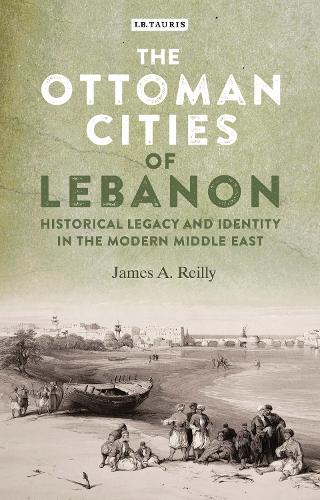
The Ottoman Cities of Lebanon: Historical Legacy and Identity in the Modern Middle East
(Hardback)
Publishing Details
The Ottoman Cities of Lebanon: Historical Legacy and Identity in the Modern Middle East
By (Author) James A. Reilly
Bloomsbury Publishing PLC
I.B. Tauris
25th July 2016
United Kingdom
Classifications
Tertiary Education
Non Fiction
956.92045
Physical Properties
Hardback
208
Width 138mm, Height 216mm, Spine 25mm
395g
Description
Whether defined as essentially 'Turkish', and therefore alien to the Lebanese experience, or remembered in its final years as a tyrannical and brutal dictatorship, the period has not been thought of fondly in most Lebanese historiography. In a far-reaching and much-needed analysis of this complex legacy, James A. Reilly looks at Arabic-language history writing emanating from Lebanon in the post-1975 period, focusing on the three main Ottoman administrative centres of Saida, Beirut and Tripoli. This examination highlights key aspects of Lebanon's current political and cultural climate, and emphasises important points of agreement and conflict in contemporary historical discourse. The 1989 Ta'if Accords, for example, which ended the Lebanese Civil War, were accompanied by calls for reinterpretation of how the country's history could assist in creating a sense of national cohesion. The Ottoman Cities of Lebanon is invaluable to all historians and researchers working on Lebanese history and politics, and wider issues of identity, post-imperialist discourse and nationhood in the Middle East.
Reviews
As a connoisseur of Bild as-Shm, J. Reilly delivers here a work excavated with fine historiographical analysis. This critical study of historiography of Ottoman Lebanon highlights, it seems to me, the absolute necessity to continue this historiographical work. * Review of the Muslim World and the Mediterranean *
Author Bio
James A. Reilly is Professor of Modern Middle East History at the University of Toronto. He is the author of A Small Town in Syria: Ottoman Hama in the Eighteenth and Nineteenth Centuries (2002), as well as a number of peer-reviewed articles on the Ottoman Levant.
